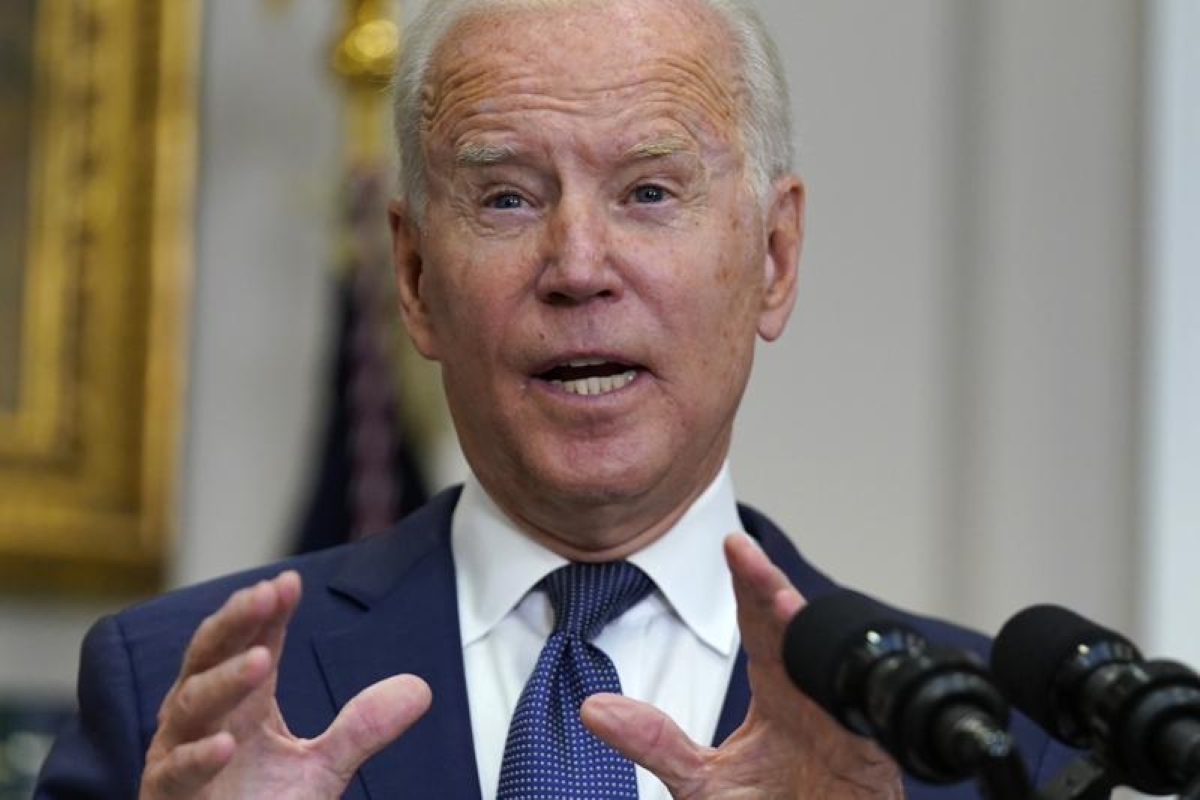In two months, the G-7 vicissitude will see leaders devoid of the same happiness that sparkled England’s southeast coast. President Joe Biden had said his “America is back” message on matters ranging from comity to Covid-19 to climate change.
On Tuesday, these leaders will confront a resurgence in the pandemic, threatening climate change and, most immediately and perhaps importantly, Afghanistan. The country’s burgeoning refugee crisis, the collapse of its government and fears of a resurgence in Afghan-based terrorism have left the G-7 allies scrambling and threaten the unity of the bloc.
British Prime Minister Boris Johnson is now reconvening the leaders for crisis talks on Afghanistan amid widespread unhappiness about Biden’s handling of the Afghanistan withdrawal. Complaints have come from Britain, France, Germany and others in the G-7.
The central Asian nation was almost an afterthought when the G-7 met in June where Covid-19, China and climate change dominated the agenda. And expectations for Biden’s impending summit with Russian President Vladimir Putin were at the top of people’s tongues.
The leaders put Afghanistan as number 57 out of 70 points in their final 25-page communique – behind Ukraine, Belarus and Ethiopia. Afghanistan didn’t even feature in the one-and-a-half page summary of the document. NATO had already signed off on the U.S. withdrawal and all that appeared to be left was the completion of an orderly withdrawal and hopes for a peace deal between the Afghan government and Taliban.
“We call on all Afghan parties to reduce violence and agree on steps that enable the successful implementation of a permanent and comprehensive ceasefire and to engage fully with the peace process,” the leaders said, without a hint of urgency.
Johnson and others, including French President Emmanuel Macron, are pushing Biden to extend his self-imposed 31 August deadline for the total withdrawal of US forces in order to ensure the evacuation of all foreign nationals as well as Afghans who worked for or otherwise supported the American-led NATO operation.
On the eve of the meeting, the White House said Biden and Johnson had spoken by phone and “discussed the ongoing efforts by our diplomatic and military personnel to evacuate their citizens, local staff, and other vulnerable Afghans” as well as “the importance of close coordination with allies and partners in managing the current situation and forging a common approach to Afghanistan policy.”
White House press secretary Jen Psaki said she expected questions about the Afghanistan evacuation timeline to be part the G-7 meeting.
British Defense Secretary Ben Wallace, who has called the U.S. deal with the Taliban that set the deadline a “mistake,” struck an almost pleading tone Monday, saying that if Biden extended the operation “even by a day or two, that will give us a day or two more to evacuate people.”
Senior British military officers have expressed anger over the U.S. pullout, saying it exposes the hollowness of the trans-Atlantic “special relationship”.
And the German government is expressing impatience with the pace of the evacuation effort. Foreign Minister Heiko Maas said the majority of local staff who worked for his country in Afghanistan haven’t yet been gotten out and called Tuesday’s G-7 meeting “very important” for discussing international access to the Kabul airport beyond 31 August.










